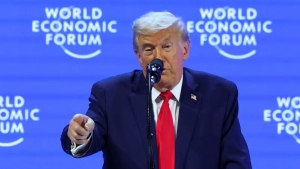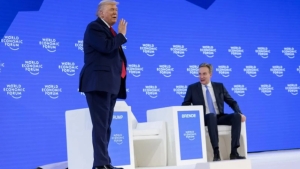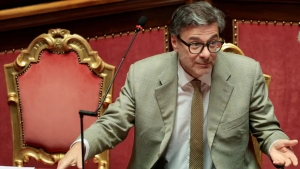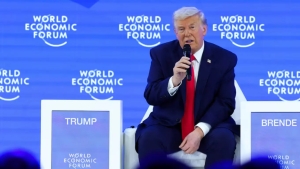Donald Trump talked about a third term and may impose new tariffs
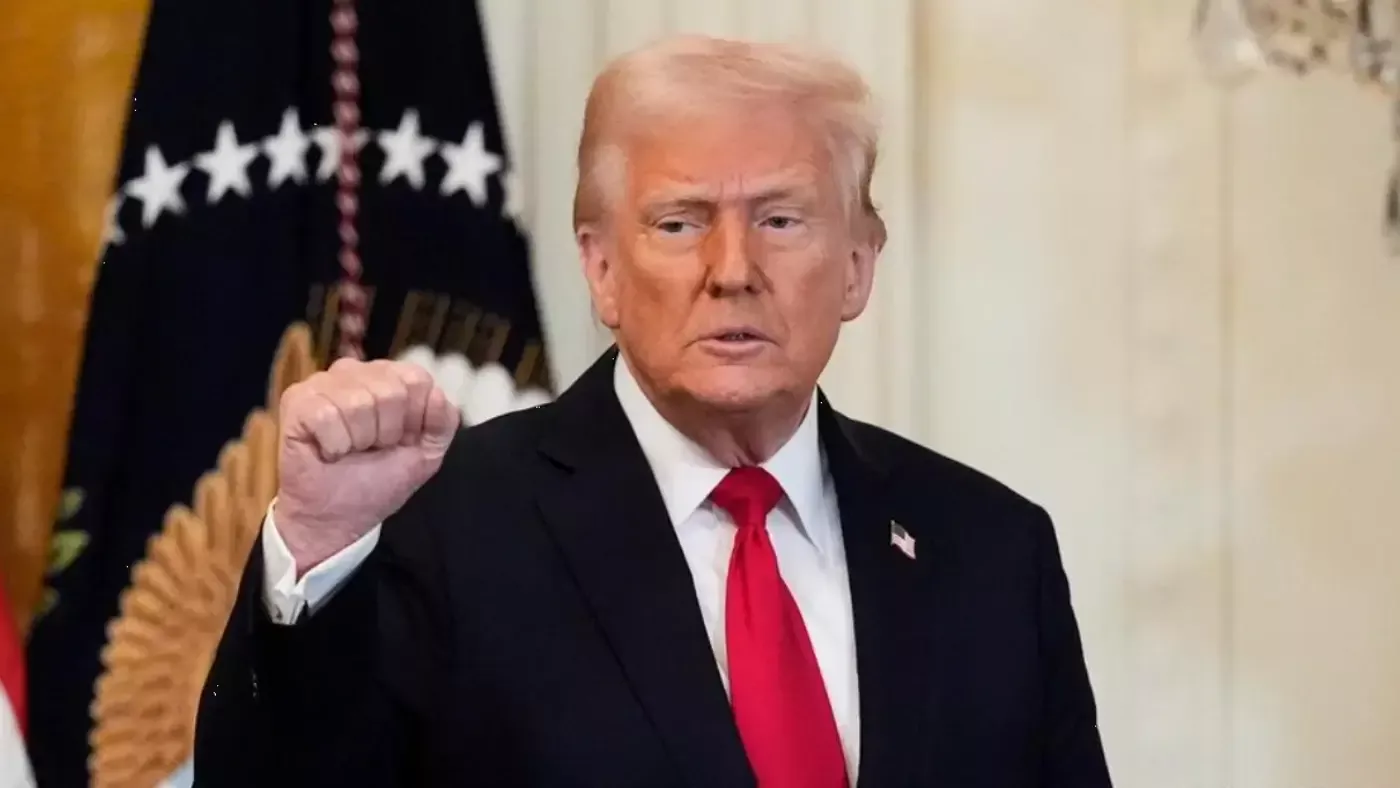
US President Donald Trump did not rule out the possibility of being elected for a third term. In an interview with NBC on March 30, he emphasized that "many people want this" and that there are "ways to make it happen." "But we have a long way to go. I am focused on the present moment," he added. However, the channel did not publish the full transcript of the interview, only providing excerpts of the stenogram.
Trump declined to answer a question about what specific mechanisms he could use to stay in power. However, he did not dismiss a version proposed by a journalist. According to this version, US Vice President Jay DeVens could win the election in 2028 and subsequently hand over the position to Trump.
New tariffs may be imposed
Additionally, the Trump administration is considering the possibility of imposing tariffs on copper imports in the coming weeks. This was reported by Bloomberg, citing sources.
"The administration (Trump's administration) is conducting a rapid review, and a decision could be made well before the 270-day deadline expires," the agency's sources said.
As Bloomberg noted, in February, US President Trump instructed the Department of Commerce to explore the possibility of imposing tariffs on copper imports and to prepare a report within 270 days.
Restrictions on Venezuelan oil
On March 24, Trump announced that starting April 2, the US would impose a 25% import tariff on countries purchasing oil or gas from Venezuela. He referred to these measures as "secondary tariffs." According to Trump, these restrictions are related to Venezuela sending criminals and members of international organized crime groups to the US.
Tariffs on steel and aluminum
On March 17, Trump announced that the United States would impose tariffs on steel and aluminum without exceptions starting April 2. He emphasized that these tariffs would be equivalent to the import duties imposed on American goods by other countries.
These measures are explained as a tightening of the economic policy of the Trump administration. His critics, however, evaluate these actions as a protectionist policy.


